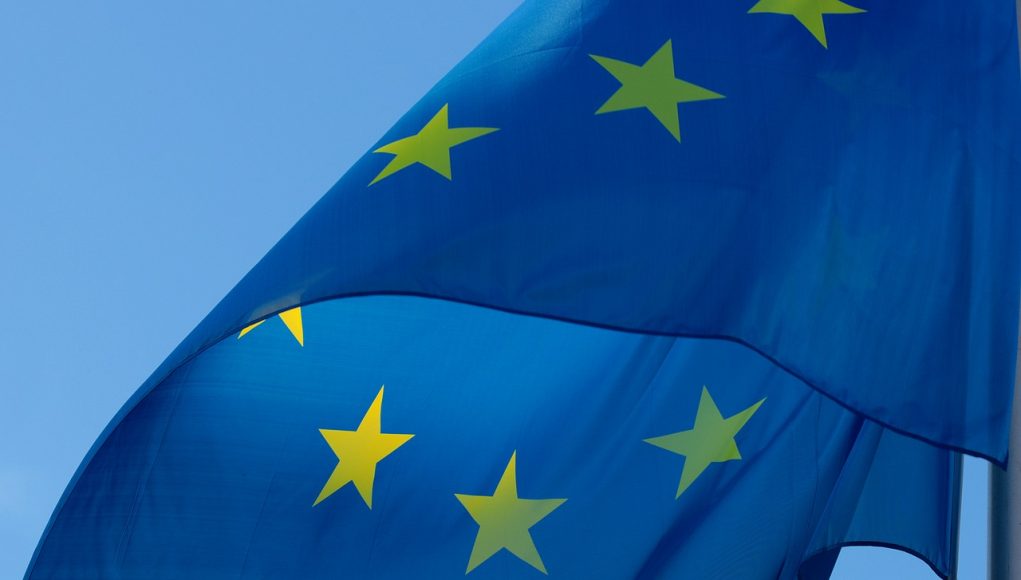Snus is a moist powder tobacco product that is placed under the upper lip for extended periods. It is considered an effective harm reduction product which has helped thousands quit smoking and is extremely popular in Norway and Sweden. In fact the popularity of snus has led to these two countries reporting the lowest rates of lung cancer in Europe.
The more harm reduction options available, the better
“E-cigarettes are having a major impact, but they don’t work for everyone in all circumstances. We want to see wide availability of all safer nicotine products as alternatives to smoking,” said Chair for the NNA, Professor Gerry Stimson at the time. He had added that increasing the variety of harm reduction products, increases the likelihood for smokers to find the method that most suits them, hence optimizing their chances of quitting.
The NNA’s request to the High Court in London had been accepted, therefore they had intervened as a third party by submitting their own plea to the European Court of Justice, pointing out the benefits that would come about as a result of the snus ban lift.
The ban on snus goes against the right to health
Subsequently last January, a hearing took place (case number = C-151/17), at the European Court of Justice in Luxembourg, following which the Advocate General assigned to the case had to examine all the presented evidence and arguments, and come up with a preliminary opinion for the court.
Sadly last Thursday, Advocate General Henrik Saugmandsgaard Oe said that the ban was valid. “The EU legislature did not exceed the limits of its discretion in concluding that lifting the prohibition on the placing on the market of tobacco for oral use could result in an overall increase in the harmful effects of tobacco within the EU,” he said.
The Advocate General added that there is a genuine concern by the legislator that if the ban is lifted, adolescents would be enticed to try the tobacco product. Naturally, the Swedish Match, as will harm reduction advocates around the EU, are disappointed by this verdict. “We are disappointed with the opinion and hope that the court will come to a different conclusion in its final ruling,” Swedish Match General Counsel Marie-Louise Heiman said in a statement.
The ECJ will make a final decision in two to four months’ time, however it is known that normally judges follow the Advocate General’s advice.
Read Further: Reuters








